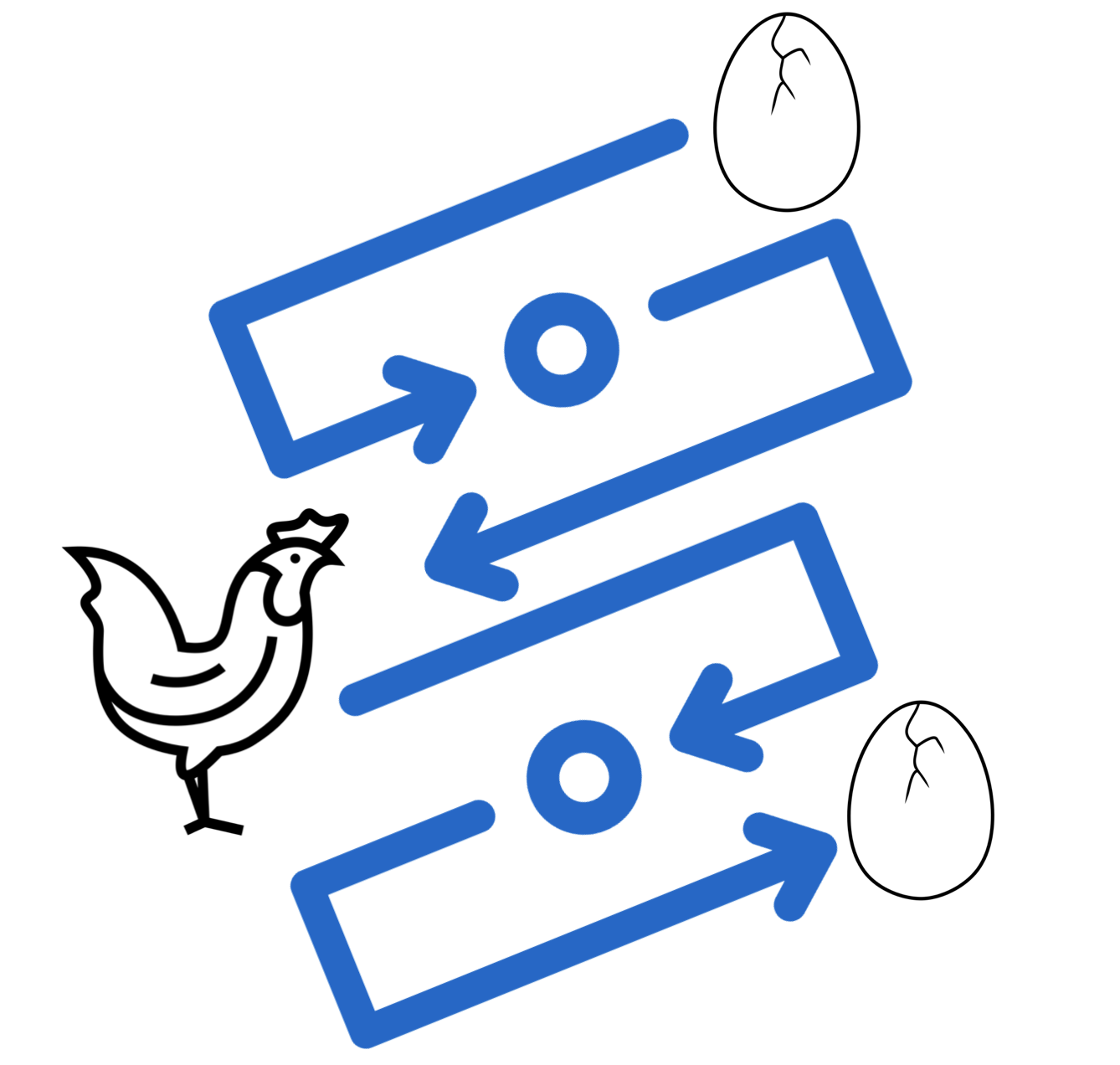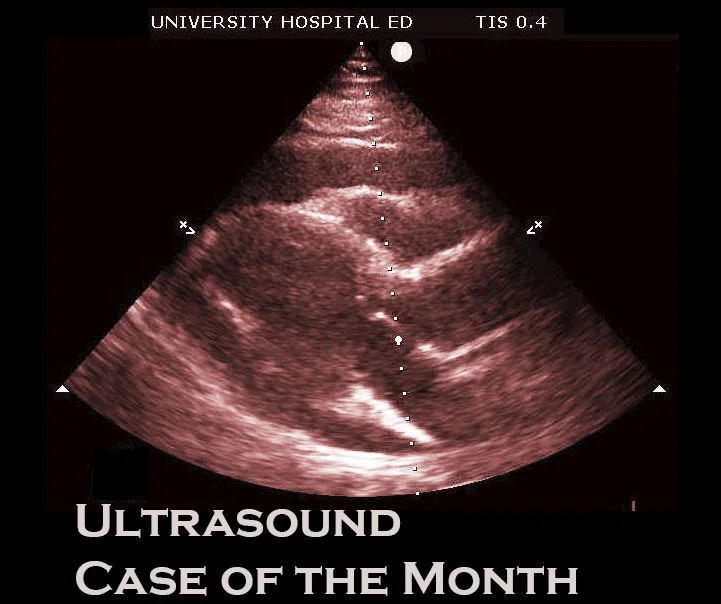Have fun reading this week’s Grand Rounds Recap! Dr. McDonough provided an insightful talk on Physician Depression and Wellness to start our morning. Following this, we had an excellent session on TEG’s multitude of uses in the ED. We had a variety of ophthalmology pearls shared by Drs. Owens, Scanlon, Ventura, and Harty. Then, Dr. Krack, one of Cincinnati Children’s Hospital’s Pediatric EM fellows shared helpful hints in taking care of pediatric patients with Congenital Heart Disease. Next, Dr. Pulvino shared her clinical diagnostics lecture on Platelet Disorders. Dr. McKee finished our day with an exciting talk on medical ethics and how they apply to the Emergency Department. Enjoy!
Read More














